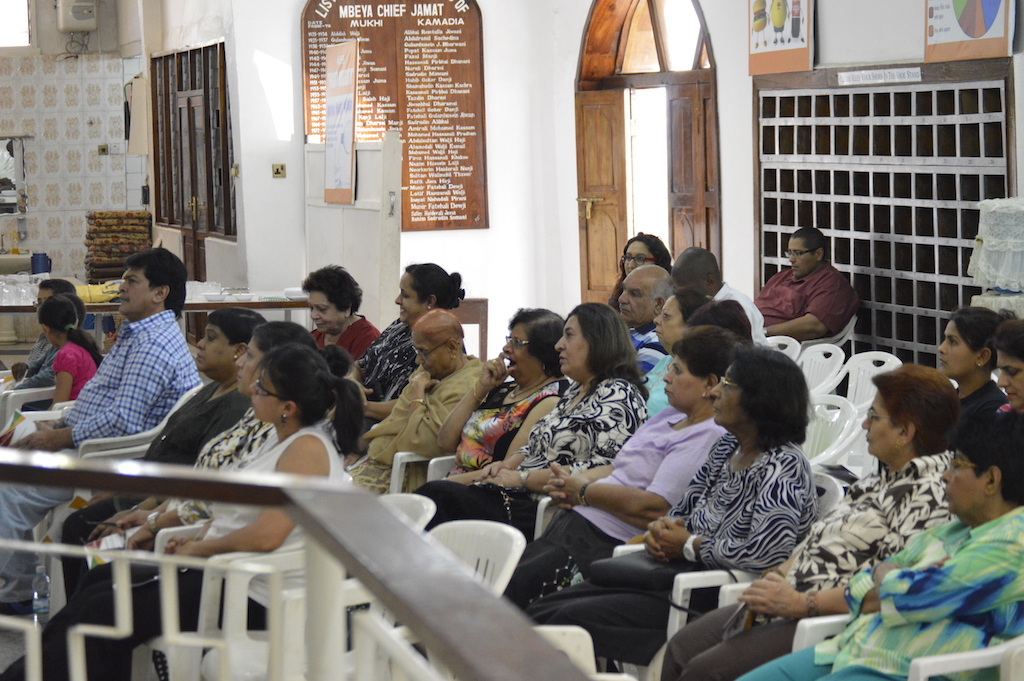Beauty is a characteristic of an idea, object, person or place that provides perceptual experience of pleasure or satisfaction. Beauty is studied as part of aesthetics, culture, social psychology and sociology. Ideal beauty is an entity which is admired with features widely attributed to its definition in a particular culture for perfection.
As with many other connotations, beauty is merely in the mind of people, consisting of popular cultures and society in general. Many factors can play into personal attractiveness from the way you dress, the way you act, the way you carry yourself, even things that are hard or impossible to change like social status and wealth, skin colour, body size and shape. But the first thing we usually notice when we meet someone is their face, where we are supremely attuned to tell the difference.
The brain, among its many other functions, is an excellent beauty detector. It can judge the appeal of a face before you are consciously aware of it. In a study conducted in 2005 by Olson and Marshuetz, participants were presented with attractive and unattractive faces for only 13 milliseconds. Participants were able to judge the faces’ attractiveness even though they were not consciously aware of the stimuli and felt like they were just guessing.
The drive to feel and look beautiful is a natural instinct for us to belong to our society. Appreciation felt with these efforts makes all the difference in the world, and sometimes, both men and women, go out of their way to portray their beauty. These efforts involve the use of a wide range of cosmetics easily available in markets today. It also involves unhealthy eating habits, be it eating unhealthy foods, over-eating or eating microscopic portions of foods in an efforts to lose weight.
Women’s Activity Portfolio (WAP) Mbeya, in association with the Jamati Health Board (JHB), organized health talks by two renowned professionals of the Southern Highlands Zone in Tanzania, to enlighten the Jamat on how to wisely choose cosmetics, avoid carcinogens and other harmful chemicals, and share their knowledge on healthy eating habits.
A well-known dermatologist, Dr. Uwesu Mchepange, talked about cosmetics and harmful chemicals which may be contained within various cosmetics, used by both men and women. In his session he addressed the fact that many chemicals are banned from cosmetics as they irreversibly alter the natural form of the skin. In Tanzania, TFDA is responsible for the registration and testing of cosmetics coming into the country. They publish the harmful carcinogens list on their website regularly for our reference. Dr. Uwesu was also able to offer free consultation to Jamati members after the enlightening session. The doctor reviewed cosmetics samples brought by members of the Jamat, for verification on how to selectively purchase cosmetics.
Ms. Mary Lyimu, a nutritionist working with the pediatric hospital, talked to the Jamat about healthy eating habits and how to portion meals for best calorie uptake. Her presentation preceded health week by JHB in Mbeya and pamphlets on balanced diet were handed to Jamat for their reference. Furthermore, Ms. Lyimu assisted two Jamati members prepare a diet plan and also gave one-on-one nutrition advice to many members of the Jamat.
After the ceremony, the women of the Jamat had a candle-lighting ceremony to celebrate International Day of the Girl (11th October). The tea-light candles were graciously lit by our very own mukhianimaa, while ladies held plaques of inspirational quotes by remarkable women worldwide.

